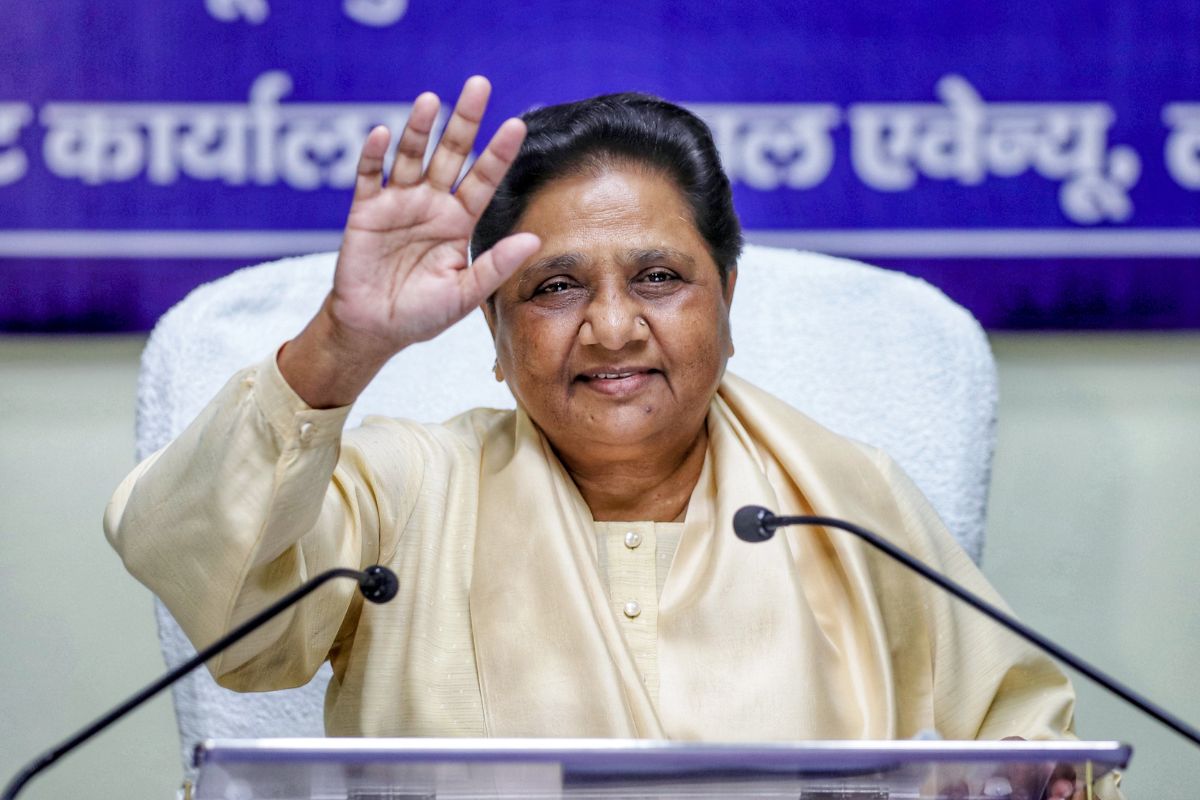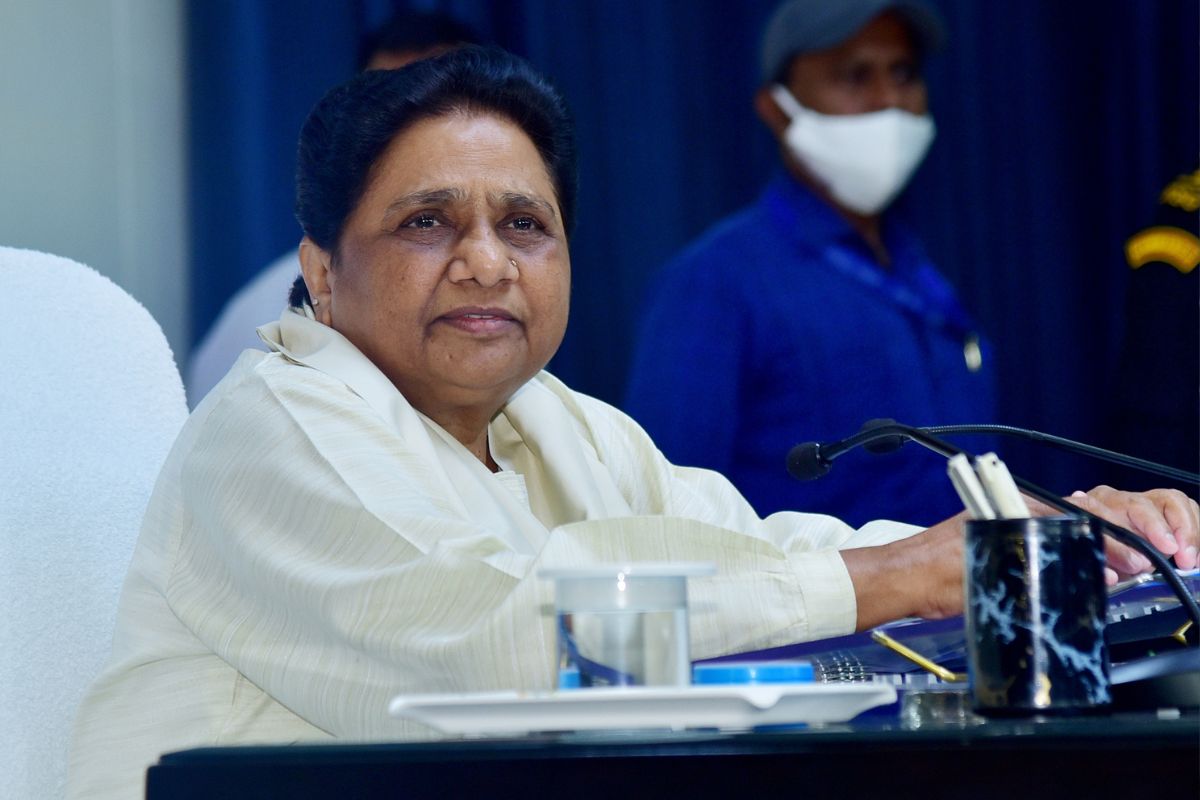Mayawati congratulates BSP workers on Bharat Bandh success
The BSP chief slammed Congress and the Samajwadi Party for their alleged indifference towards the issue which, she said, reflects their casteist mindset.

The BSP chief slammed Congress and the Samajwadi Party for their alleged indifference towards the issue which, she said, reflects their casteist mindset.

While markets, business establishments, schools, and offices functioned as usual, there was some disruption on highways in certain areas due to road blockades by protesters.

While the Congress extended moral support to the bandh, local business communities in Chhattisgarh were divided. The Bastar Chamber of Commerce supported the bandh but the Raipur Chamber of Commerce refrained from backing the protest.

Daily life across the state remained largely unaffected, with schools, offices, and businesses operating as usual.

Mayawati on Tuesday appealed to party workers to join the Bharat Bandh on Wednesday against the Supreme Court's decision on the sub-categorization in SC-ST reservation. Through this, the party hopes to get a political edge on the issue of reservation.
According to the SKM, the 12-hour bandh will be observed between 6 a.m. and 6 p.m. However, ambulances and other essential services will be allowed.
It also called for setting up of a regulatory authority for the e-commerce sector. Such authority should be empowered with due rights to take any penal action against those who violate the law or policy, the traders' body said.
Thakur said the ‘Bandh’ has no impact in the state as traffic movement was smooth as usual barring few incidents of road blockade by Congress and CPM leaders in Shimla town.
The bandh evoked good response in Udham Singh Nagar, some response in Dehradun and Roorkee, but little response in many parts of the hill state.
After staging a protest in Shimla, State Congress chief Kuldeep Singh Rathore said there seemed to be mala fide intentions behind hasty passing of new farm laws by PM Modi government as neither opposition parties nor the farmers’ leaders were consulting after drafting the laws.